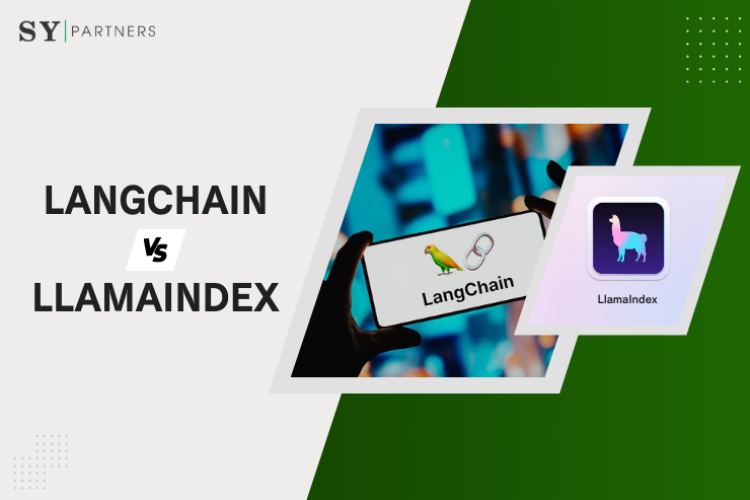ChatGPT and Claude: A Comparative Analysis of Business AI Tools in Markets
AI tools are indispensable for improving operational efficiency, enabling data-driven decision-making, and strengthening market competitiveness. For companies that require rapid responses in global markets and precise communication in Japanese business contexts, selecting the right AI tool carries strategic importance.
This article compares OpenAI’s ChatGPT and Anthropic’s Claude, explaining their characteristics, business use cases, and pricing models. It provides fresh insights tailored to both global and Japanese markets, helping businesses choose the most suitable tool.
1. What is ChatGPT?
ChatGPT is a conversational AI model developed by OpenAI, based on the GPT architecture. It excels in natural language processing and can handle a wide range of tasks including text generation, question answering, translation, and programming support.
In October 2024, a web browsing feature was added, enabling real-time information retrieval. In business settings, it is used for automating customer support, content creation, and generating internal documents. Its strengths lie in its natural conversational abilities and versatility.
2. What is Claude?
Claude is an AI model developed by Anthropic, characterized by its focus on ethical and safe responses. It is well-suited for long-form content generation and complex reasoning, excelling in tasks that demand highly reliable output.
In global markets, it is strong in compliance and academic research, while in Japan it is particularly suited for formal document creation.
3. Five Key Differences Between ChatGPT and Claude
Although both ChatGPT and Claude are advanced generative AI models, their design philosophies and areas of specialization differ significantly.
Below, we detail five major differences that businesses should note.
| Category | ChatGPT | Claude |
|---|---|---|
| Design Philosophy | Versatility, conversational focus | Safety and ethics-oriented |
| Context Understanding | Standard context handling | Excels at long and complex context |
| Japanese Support | Strong for casual, natural expressions | Strong for formal, technical documents |
| System Integration | Highly flexible APIs, rich tool ecosystem | Limited integration (e.g., Salesforce) |
| Real-Time Features | Browsing available (paid) | Limited real-time, some industry integrations |
3.1 Design Philosophy and Ethics
ChatGPT is designed as a versatile conversational AI that can handle a wide variety of tasks. It adapts flexibly to user needs and is especially suitable for creative fields.
Claude, by contrast, is built on a human-centered design philosophy emphasizing safety and ethics. Algorithms are reinforced to minimize bias and harmful outputs, making it particularly suitable for fields requiring ethical consideration, such as law, education, and healthcare.
3.2 Context Understanding and Long-Form Processing
Claude excels at understanding and summarizing lengthy and complex documents, such as reports and contracts spanning tens of thousands of words.
ChatGPT can also process long texts, but it is particularly adept at generating clear outputs from relatively short prompts. While it often delivers highly accurate results, Claude sometimes has the edge in maintaining coherence across extremely complex contexts.
3.3 Japanese and Multilingual Support
ChatGPT is strong in natural, conversational Japanese, making it ideal for casual expressions, marketing copy, and social media posts. Its translation functions are robust, and it performs well in business emails and customer support.
Claude specializes in more formal, structured Japanese output, making it suitable for technical documents, policies, and reports. It demonstrates high accuracy in honorifics and contextual consistency.
3.4 System Integration and Customization
ChatGPT integrates easily with various applications through the OpenAI API. It works seamlessly with tools like Zapier, Notion, and Slack, and Custom GPT development allows for flexible expansion.
Claude also provides an API but is more constrained by Anthropic’s management policies. While it is optimized for certain business tools such as Salesforce, it lacks the breadth of extensibility that ChatGPT offers.
3.5 Training Data and Real-Time Capabilities
Both rely on pre-trained data for outputs and do not continuously reflect the latest information like a search engine. However, ChatGPT’s paid plans include a browsing feature that allows partial real-time search.
Claude, on the other hand, is designed to integrate with enterprise data from Anthropic’s partners (e.g., Salesforce knowledge bases), making it particularly effective for domain-specific context understanding and information extraction.
4. Advantages and Disadvantages of ChatGPT
ChatGPT is a highly versatile AI with strong creative and responsive capabilities, useful across both everyday tasks and creative projects. However, it has some limitations in long-form processing and data transparency.
Advantages:
- Creative responses: Strong in tasks requiring flexible ideas, such as ad copy or storytelling.
- Broad automation: Can automate workflows through integration with external tools.
- Fast responses: Provides quick replies and task processing, boosting day-to-day productivity.
Disadvantages:
- Data transparency concerns: Especially in free plans, handling of input data may lack clarity.
- Limits in long-form output: May struggle with maintaining coherence in complex, lengthy documents.
Overall, ChatGPT is an excellent tool for users prioritizing responsiveness and creativity.
5. Advantages and Disadvantages of Claude
Claude is specialized in ethics and long-form processing, making it well-suited for enterprise and collaborative use cases. However, it has some limitations in creativity and real-time capabilities.
Advantages:
- Ethical transparency: Clear handling of data and security, ensuring trust in compliance-sensitive contexts.
- Long-form processing: Maintains consistency and accuracy in large, complex projects.
- Team collaboration: Strong integration with tools like Slack for team information sharing.
Disadvantages:
- Less creative: Not as strong as ChatGPT in freeform, imaginative outputs.
- Limited real-time capabilities: Less suited for time-sensitive, up-to-the-minute tasks.
Claude is a reliable partner for business users who prioritize consistency and trustworthiness.
6. Five Business Use Cases for ChatGPT
6.1 Rapid Marketing Content Creation
ChatGPT excels in generating marketing materials such as campaign emails, social media posts, ad copy, and blog articles. It adapts to brand tone and target audiences, supports multiple languages, and facilitates global expansion.
6.2 Automating Customer Support and Workflows
By integrating ChatGPT into chatbots or automated reply systems, companies can streamline initial customer interactions such as inquiries, order tracking, FAQs, and service guidance.
6.3 Idea Generation and Brainstorming
ChatGPT is a powerful brainstorming partner, providing multiple perspectives and hypotheses to stimulate creativity and broaden discussions.
6.4 Document and Script Drafting
ChatGPT supports structured writing tasks like sales scripts, manuals, training materials, and product descriptions. It can also improve, summarize, or translate existing documents.
6.5 Organizing Daily Tasks and Visualizing Information
ChatGPT helps organize notes, meeting minutes, and summaries, preventing communication errors and duplication. It also aids in progress reporting and knowledge sharing.
7. Five Business Use Cases for Claude
7.1 Drafting Policies and Contracts
Claude excels at producing clear, logical drafts of policies, contracts, and official documents, reducing review burdens.
7.2 Structuring Project Documents and Minutes
Claude organizes meeting notes and project plans into clear, logical structures, aiding communication and decision-making.
7.3 Summarizing and Analyzing Reports
Claude effectively summarizes long documents such as market studies and academic papers, extracting key points for faster decision-making.
7.4 Ensuring Compliance and Ethical Standards
Claude helps detect potentially inappropriate or biased language, supporting legal, PR, and compliance efforts.
7.5 Knowledge Management for Team Collaboration
Claude extracts key insights from communication tools like Slack and structures them into actionable knowledge.
8. Pricing
8.1 ChatGPT Pricing
| Plan | Price | Key Features |
|---|---|---|
| Free | $0 | Basic usage, model limitations |
| Plus | $20/month | Faster responses, priority access, GPT-4o |
| Pro | $200/month | Unlimited access, advanced features, research support |
| Team | $30/user/month ($25 annual) | Full team features |
| Enterprise | Custom pricing | Large-scale business deployment |
8.2 Claude Pricing
| Plan | Price (US) | Key Features |
|---|---|---|
| Free | $0 | Daily limits (approx. 20–30 queries) |
| Pro | $20/month ($17 annual) | 5× Free usage, latest models, Projects |
| Max (5×) | $100/month | 5× Pro usage, Claude Code, priority access |
| Max (20×) | $200/month | 20× Pro usage, all Max features |
| Team | $30/user ($25 annual) | Team management and collaboration |
| Enterprise | Custom pricing | SSO, security, auditing, enterprise features |
| API | Pay-as-you-go | Token-based pricing for development |
Claude offers diverse plans ranging from individual use to enterprise-level deployment, tailored to different workloads and needs.
Conclusion
Both ChatGPT and Claude are powerful AI tools for business in global and Japanese markets.
- ChatGPT stands out for creativity, external integrations, and dynamic workflow automation.
- Claude excels in ethical transparency, long-form processing, and compliance-sensitive applications.
By selecting the tool that best aligns with business objectives and data requirements, organizations can significantly improve efficiency and strengthen competitiveness.
Frequently Asked Questions
Q1. What is the most important factor when deciding between ChatGPT and Claude?
The single most critical consideration is clarifying the primary requirements of your use case.
- If the need is for quick, natural, and casual interactions such as conversational chatbots or content generation, ChatGPT is generally a better fit due to its extensible UI and multimodal capabilities.
- If the priority lies in accuracy, ethics, and handling long, structured texts such as legal documents or academic reports, Claude’s strength in consistency and bias reduction makes it more suitable.
In practice, the fastest path to a sound decision is to align internally on “what to automate” and “the quality standard to maintain”, and then map those needs against each tool’s strengths.
Q2. Which is better for multilingual support and nuanced Japanese expression?
ChatGPT excels in producing natural Japanese expressions across a wide range—from casual conversations to advertising copy and social media posts. By contrast, Claude demonstrates strong performance in formal, structured Japanese writing, such as technical reports, contracts, or official documents.
In real-world usage:
- ChatGPT is well-suited for business emails and customer support where speed and flexibility matter.
- Claude is more reliable for policy documentation and academic writing where linguistic precision and formality are essential.
Thus, the choice depends on whether your priority is everyday communication or formal document creation.
Q3. How do they compare in system integration and custom development?
ChatGPT offers extensive integration options via the OpenAI API, with strong ecosystem support across Zapier, Make, Slack, Notion, and more. Users can build custom GPTs and add plugins, giving developers substantial freedom.
Claude, by contrast, operates in a more controlled environment managed by Anthropic. While it integrates well with specific enterprise tools such as Salesforce, it does not yet match ChatGPT’s level of flexibility in custom development.
- Organizations with strong in-house engineering resources and a need for highly customized features will find ChatGPT more adaptable.
- Companies prioritizing secure, enterprise-focused integrations may prefer Claude.
Q4. How do they perform in long-text processing and summarization?
Claude is highly effective at processing and summarizing tens of thousands of words consistently, excelling in extracting key points from multi-chapter reports or complex contracts. ChatGPT also handles long texts increasingly well, but may lose contextual coherence when dealing with highly technical, logically complex, or terminology-heavy content.
- For legal, research, or academic documents, Claude is generally the superior option.
- For everyday use cases such as meeting notes or blog drafts, ChatGPT offers faster responses and lower costs.


 EN
EN JP
JP KR
KR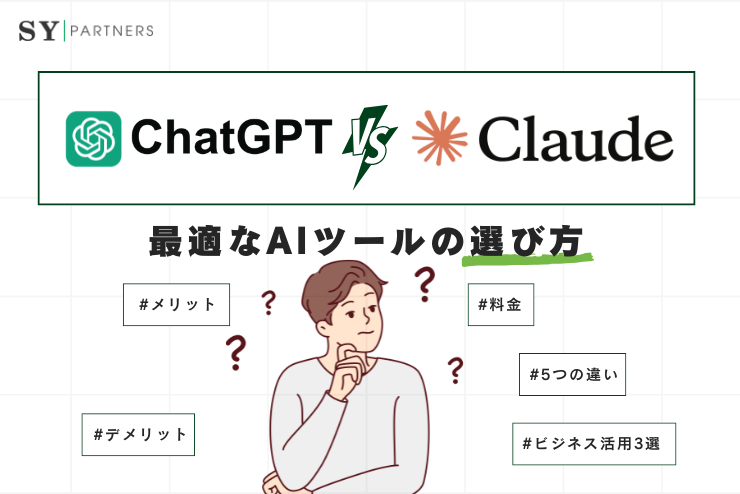


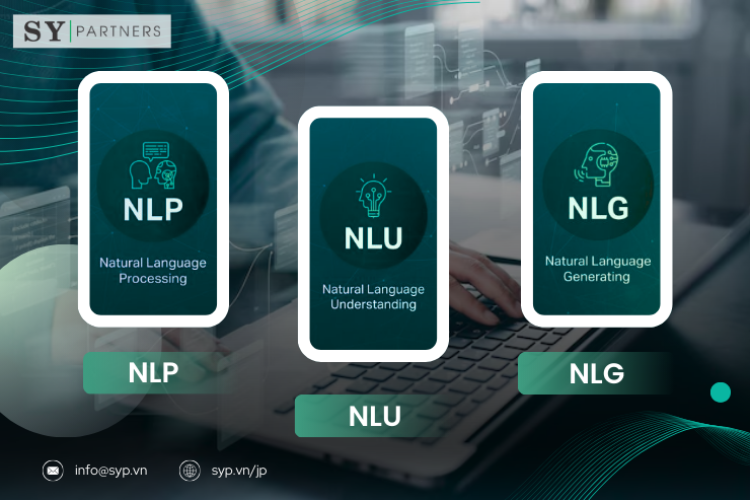
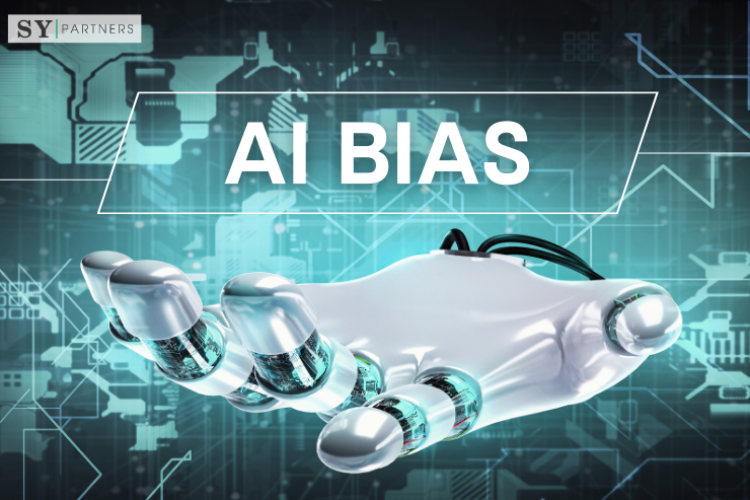
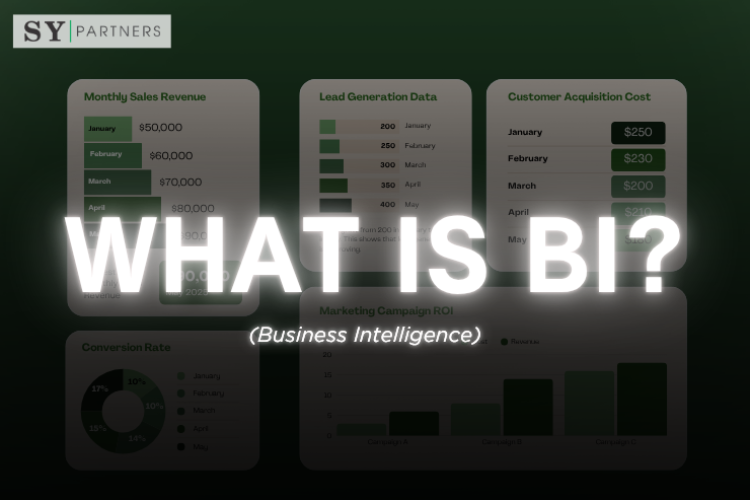
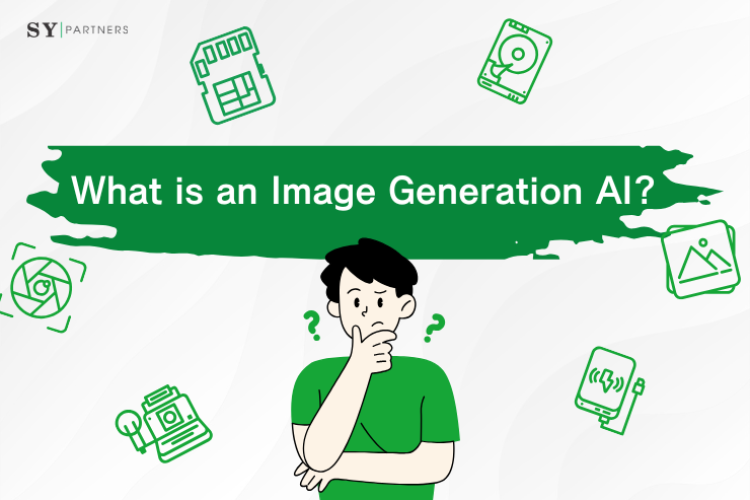

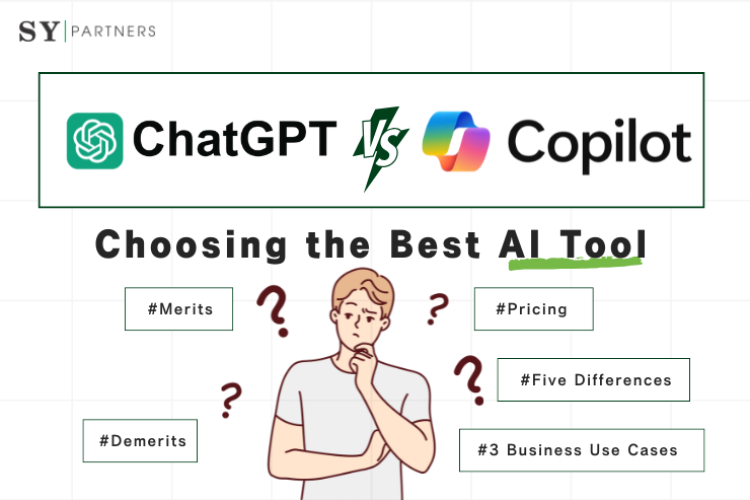
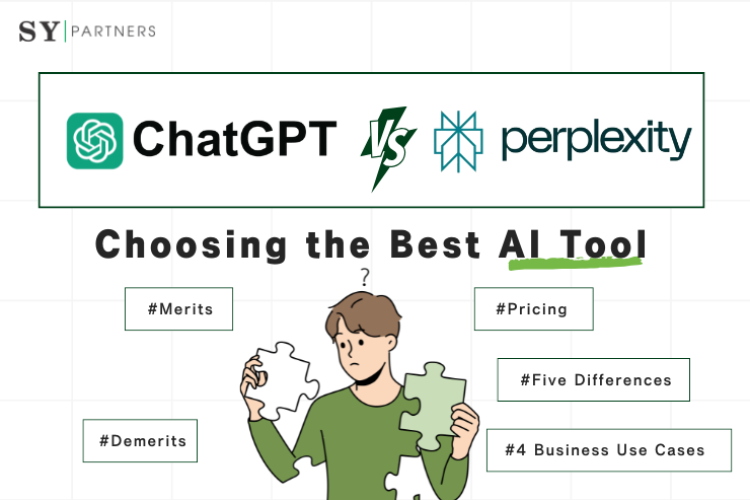
![[For Enterprises] Adoption Rate of Microsoft Copilot and 8 Key Business Use Cases](/sites/default/files/styles/medium/public/articles/%5BFor%20Enterprises%5D%20Copilot%20%E2%80%94%20Corporate%20Adoption%20Rate%20and%208%20Business%20Use%20Cases.png?itok=6MVSPst9)
![[For Enterprises] Grok — Corporate Adoption Rate and 8 Business Use Cases](/sites/default/files/styles/medium/public/articles/%5BFor%20Enterprises%5D%20Grok%20%E2%80%94%20Corporate%20Adoption%20Rate%20and%208%20Business%20Use%20Cases%20%281%29.png?itok=3Vu1lBCh)
![[For Enterprises] Claude — Corporate Adoption Rate and 8 Business Use Cases](/sites/default/files/styles/medium/public/articles/%5BFor%20Enterprises%5D%20Claude%20%E2%80%94%20Corporate%20Adoption%20Rate%20and%208%20Business%20Use%20Cases.png?itok=tc2aEIEt)
